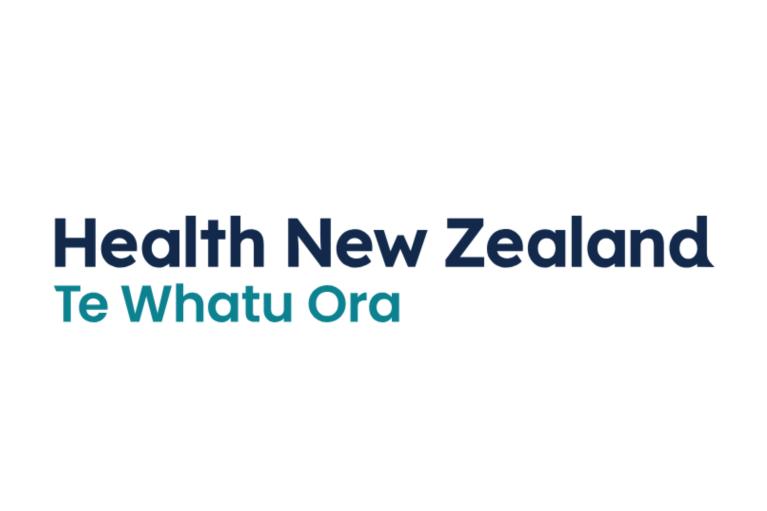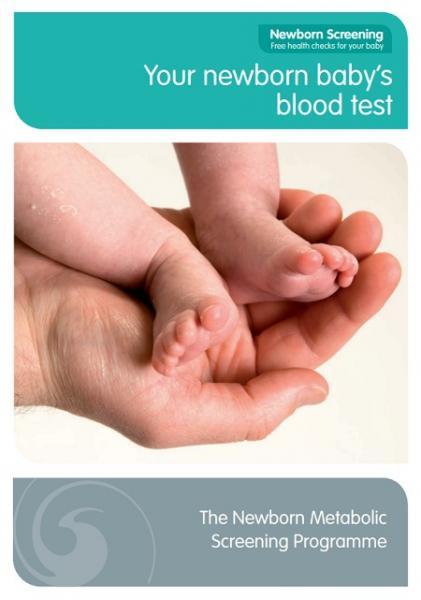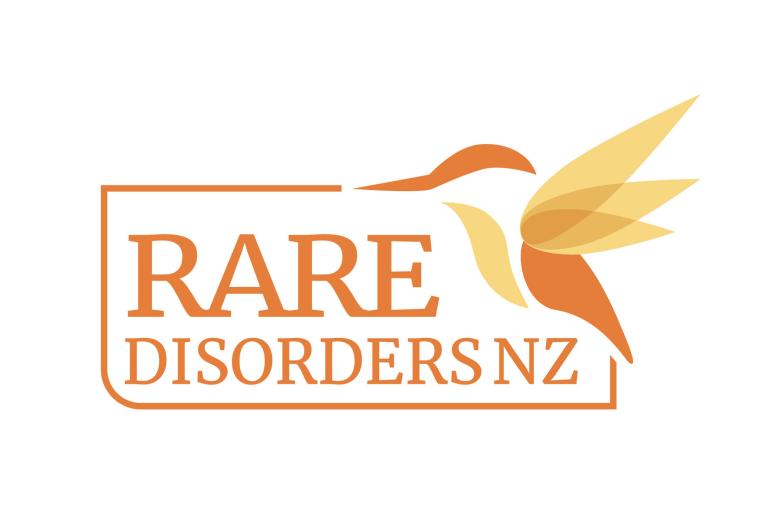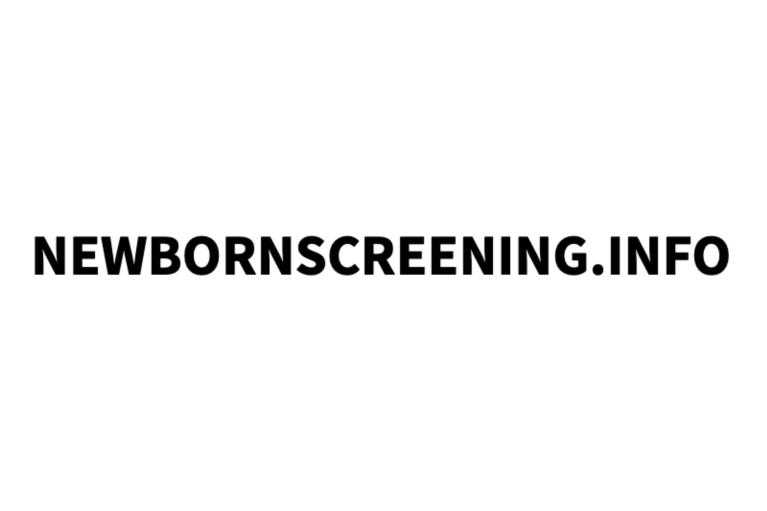A video for parents with information about the heel prick test.
Source: Ministry of Health
Key points about the heel prick test for newborn babies
- the heel prick test is recommended for all pēpi (babies) born in Aotearoa New Zealand
- the test involves collecting a sample of blood from your baby's heel 48 hours after their birth
- the test is part of the Newborn Metabolic Screening Programme which finds rare but life-threatening metabolic disorders along with severe combined immune deficiency (SCID)
- early treatment of conditions can prevent potentially serious complications which can cause permanent damage or even death
Why does my newborn baby need a heel prick test?
The Newborn Metabolic Screening Programme finds rare but life-threatening metabolic disorders with a blood test (heel prick test) at 48 hours after your baby's birth. Since 1969, almost all pēpi in New Zealand have had this screening. Early diagnosis means treatment can start quickly, before a baby becomes sick. Metabolic disorders are hard to find without screening.

Find out more about the heel prick test at the Health New Zealand website. It has detailed information about how and why the heel prick test is done.

Check out the National Metabolic Screening Programme's booklet 'Your newborn baby's blood test'. You can download the resource from the HealthED website.
Conditions that newborn babies are screened for
The current conditions screened for are:
- amino acid disorders (for example PKU and MSUD)
- fatty acid oxidation disorders (for example MCAD)
- congenital hypothyroidism (CH)
- cystic fibrosis (CF)
- congenital adrenal hyperplasia (CAH)
- galactosaemia
- biotinidase deficiency
- severe combined immune deficiency (SCID)
If your baby has one of these disorders, you will receive information about the disorder and how to treat it from a paediatrician.
Being diagnosed with a metabolic disorder
If your baby is diagnosed with a metabolic disorder, coping is an ongoing process. Everybody copes in a different way.
Coping When Your Child Has A Diagnosis Of A Chronic Illness Or Disability
Receiving A Diagnosis For Your Child With Special Needs
More information about metabolic disorders

The Rare Disorders New Zealand website is a useful source of information about resources available for patients and their whānau living with a rare disorder in New Zealand.

The Newborn Screening Information website provides fact sheets on the metabolic disorders screened in the New Zealand Newborn Metabolic Screening Programme. It includes descriptions of each disorder and how they can be detected and treated.
Acknowledgements
Starship Foundation and the Paediatric Society of New Zealand acknowledge the cooperation of the National Screening Unit in making this information available for families.
